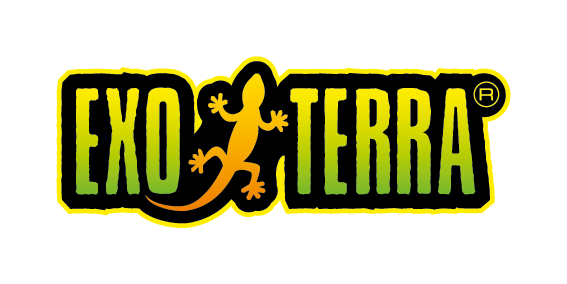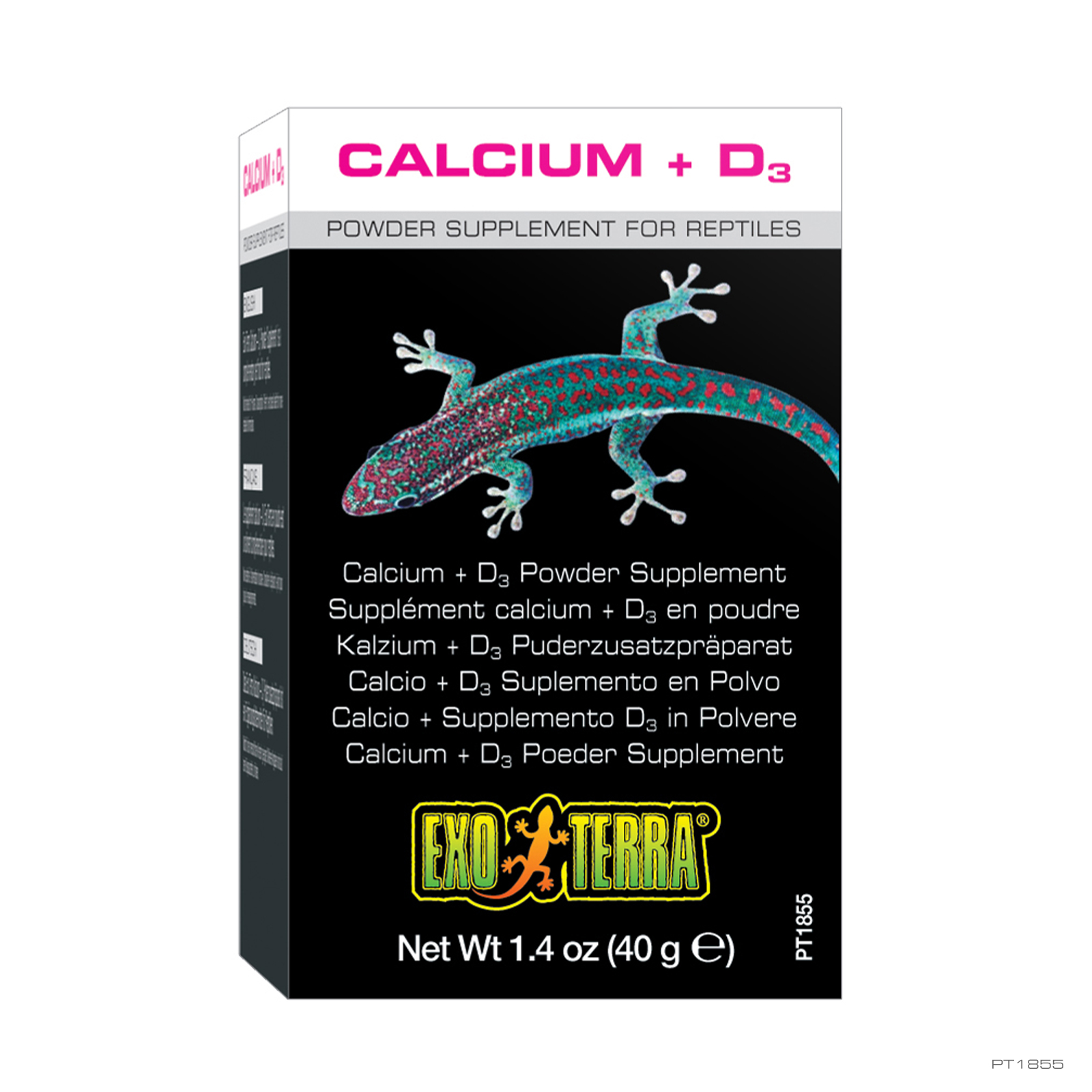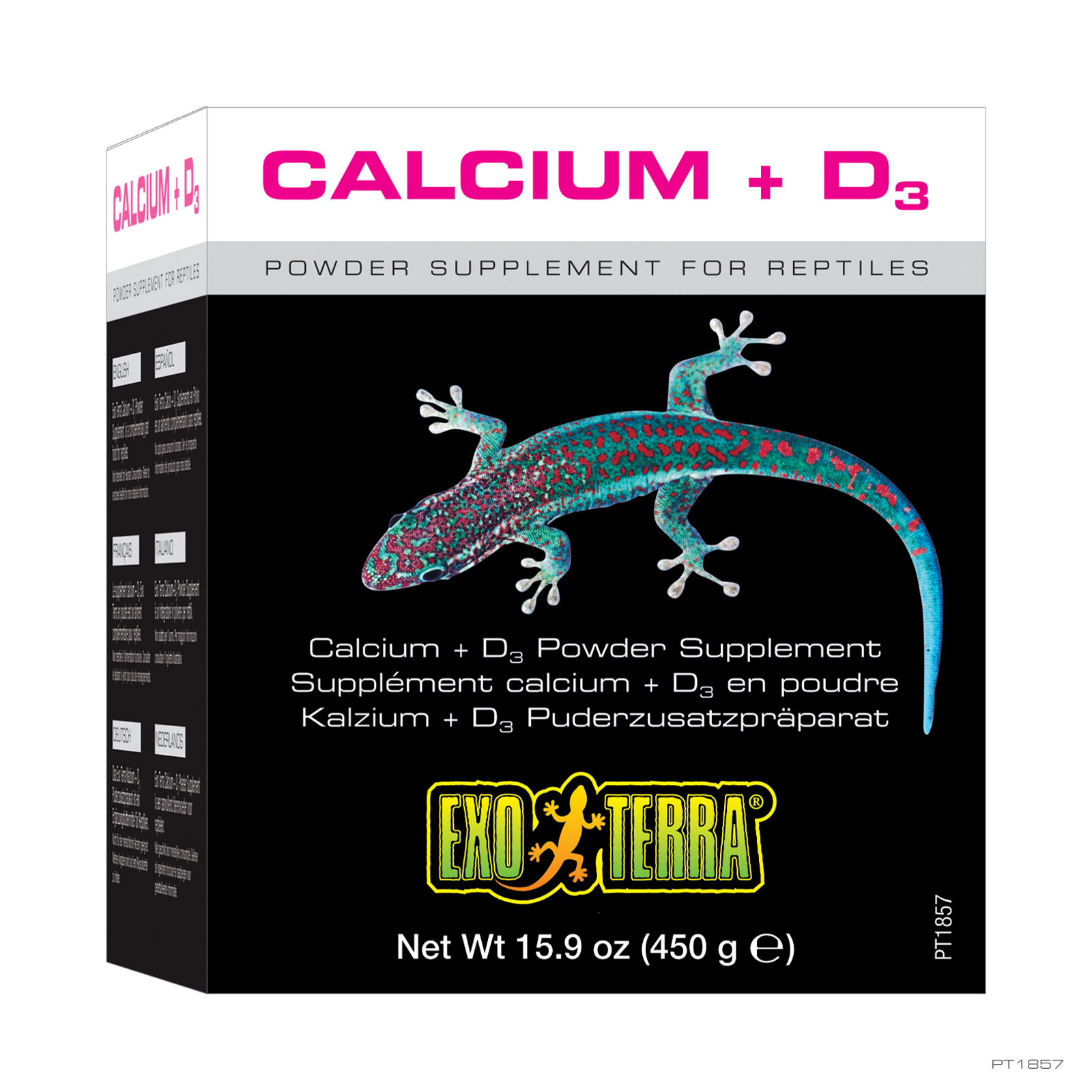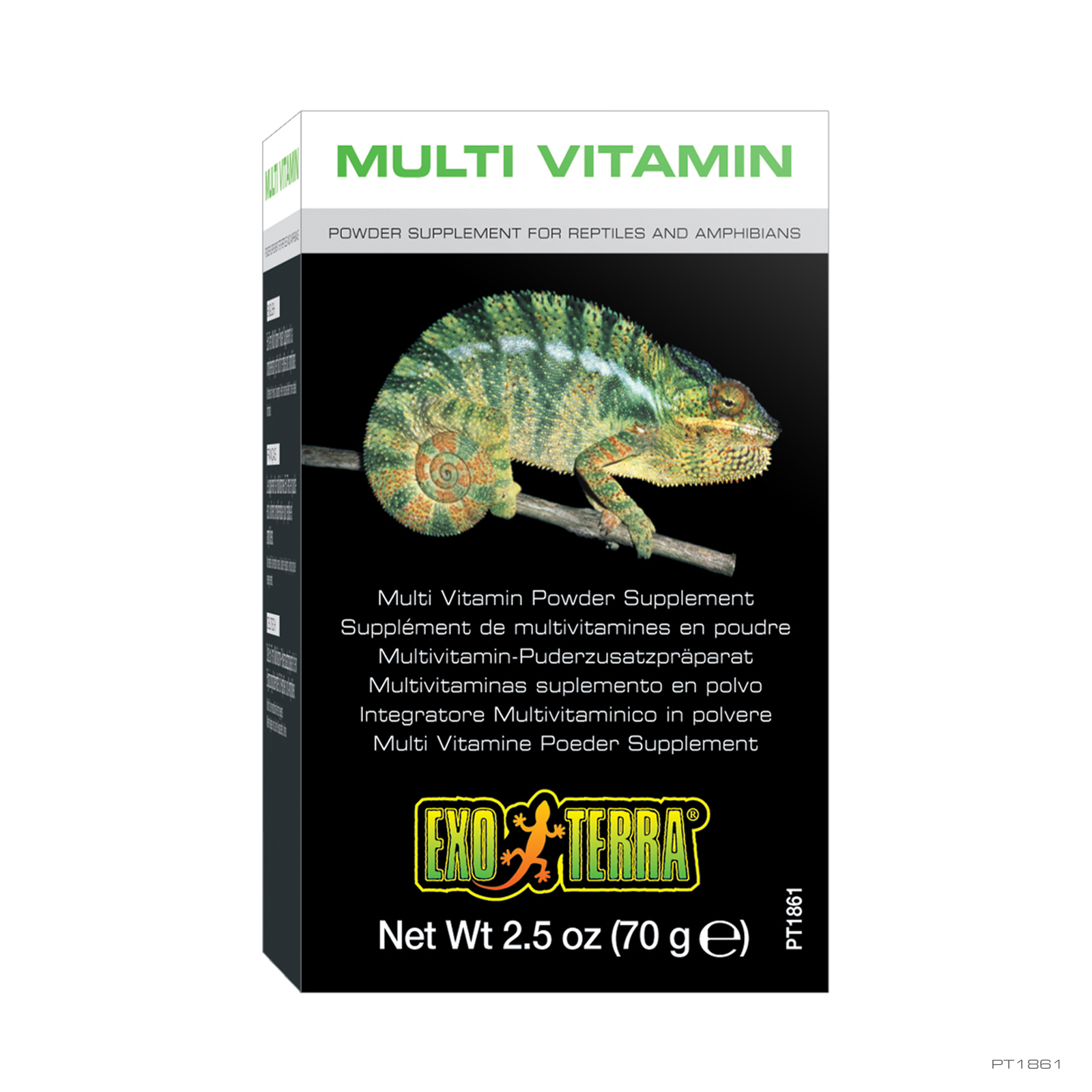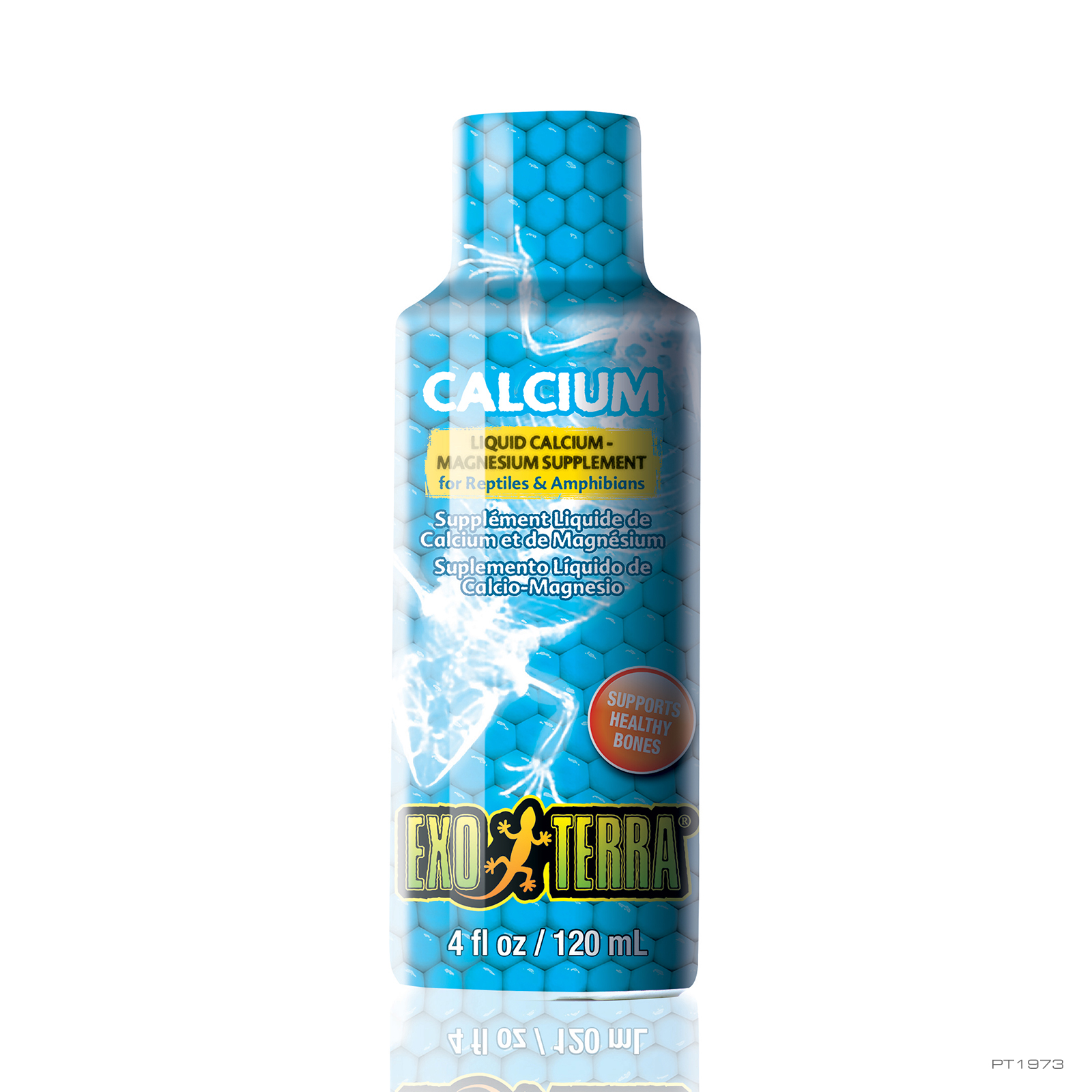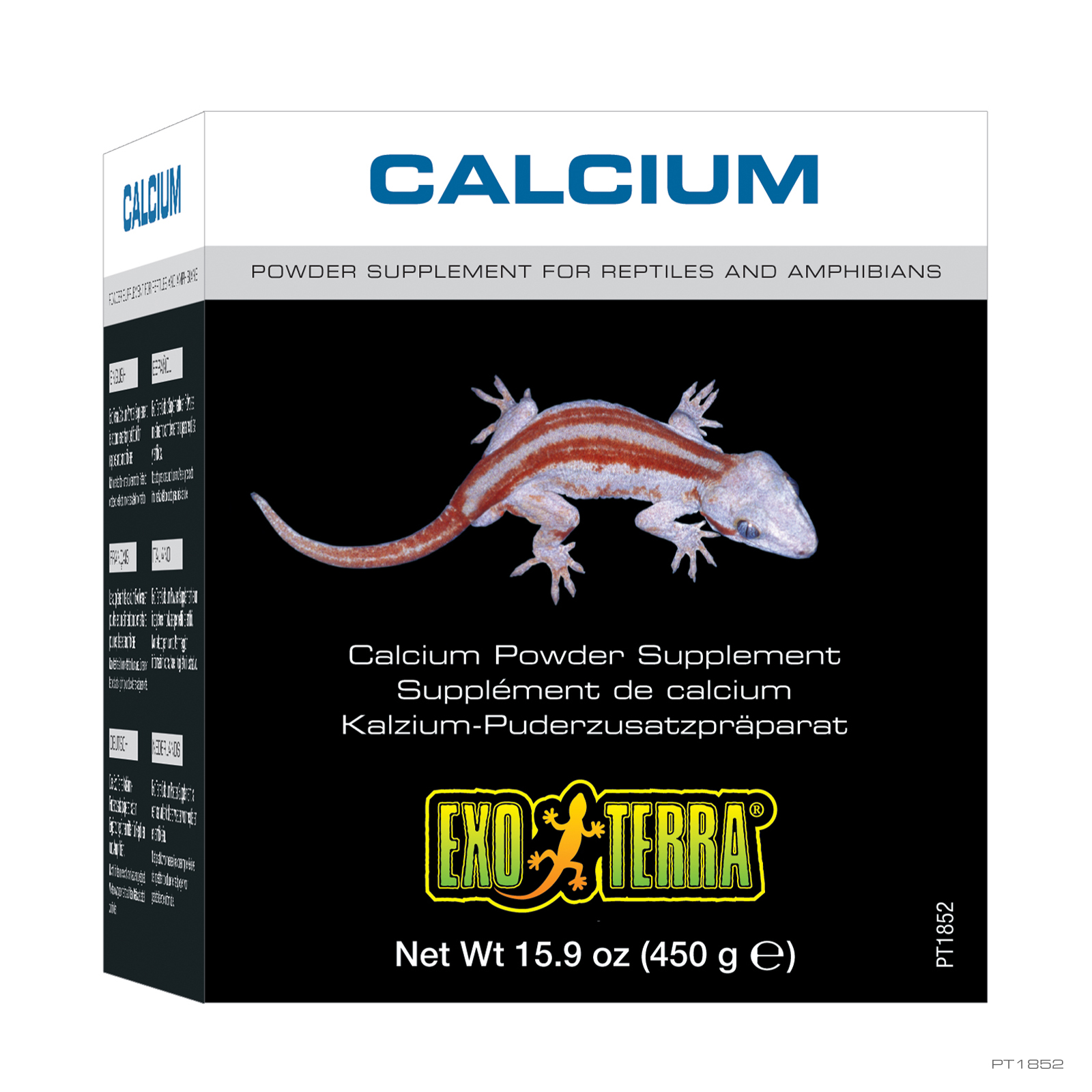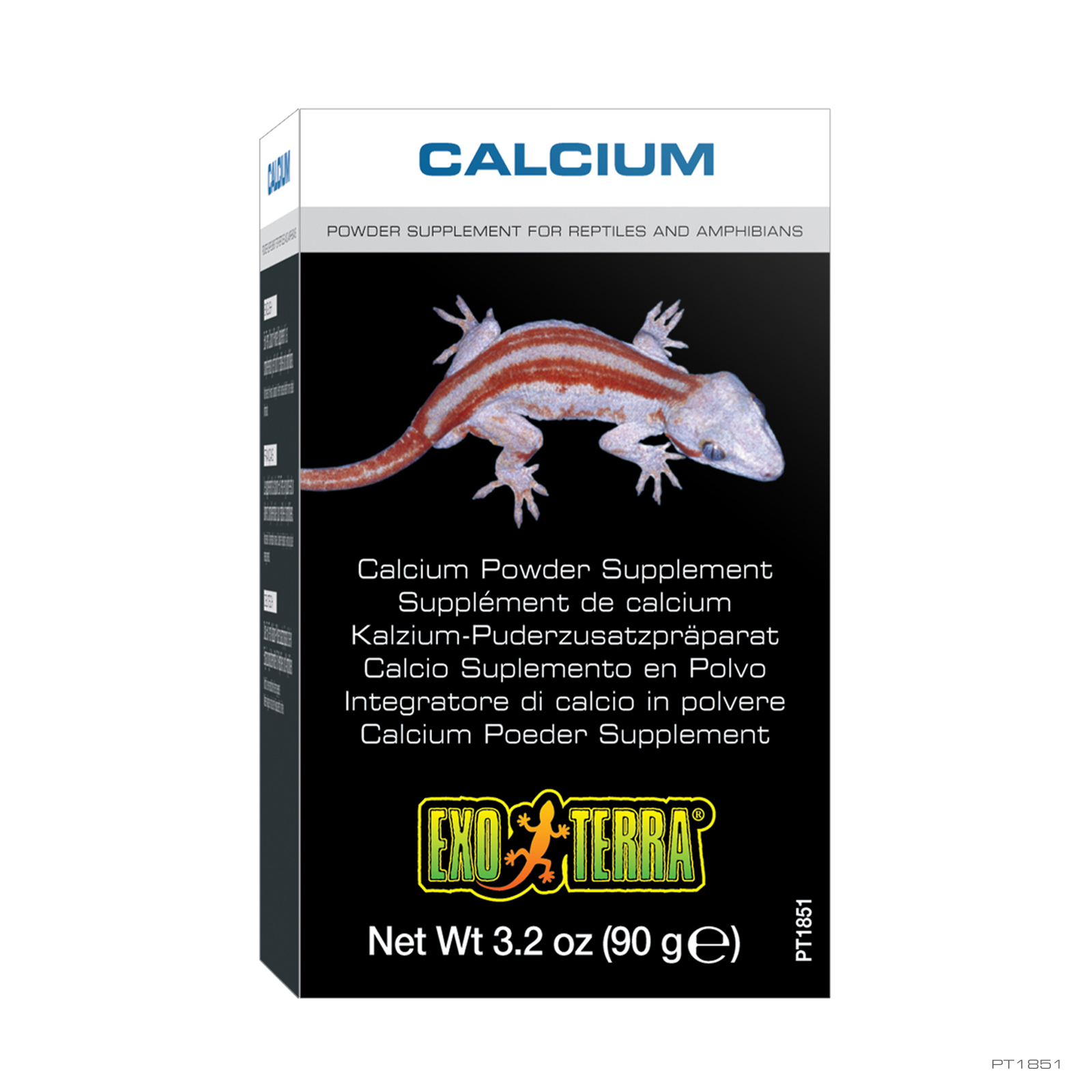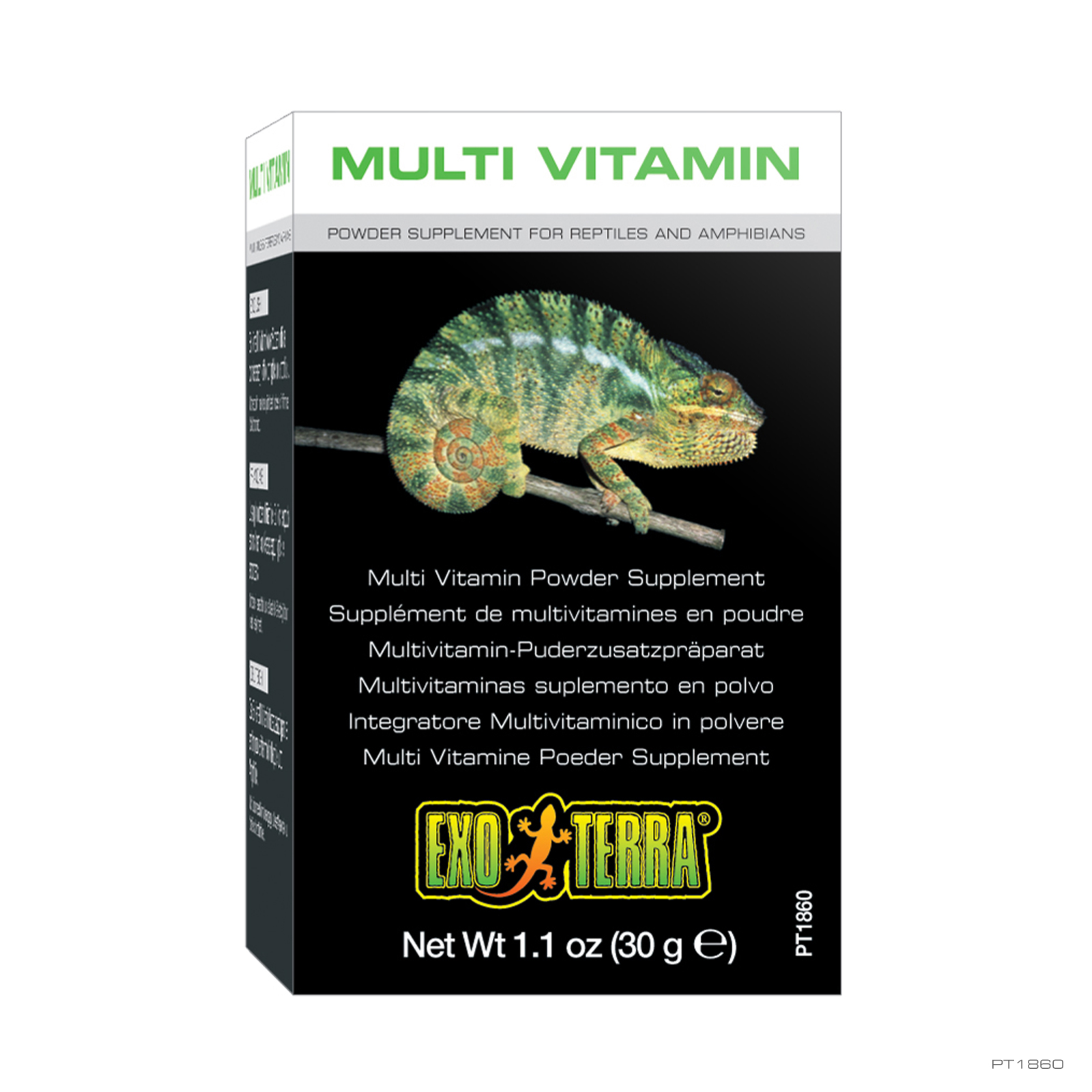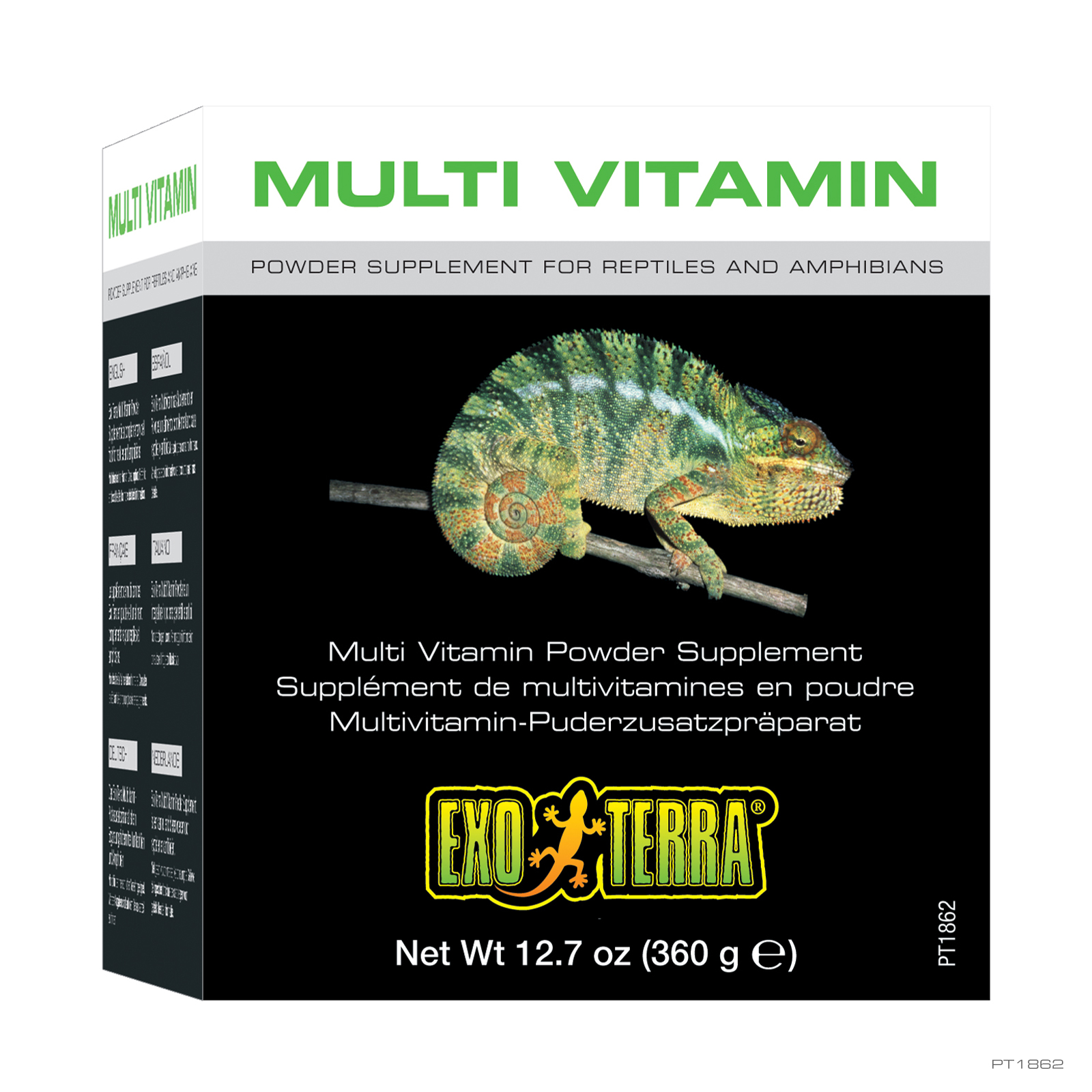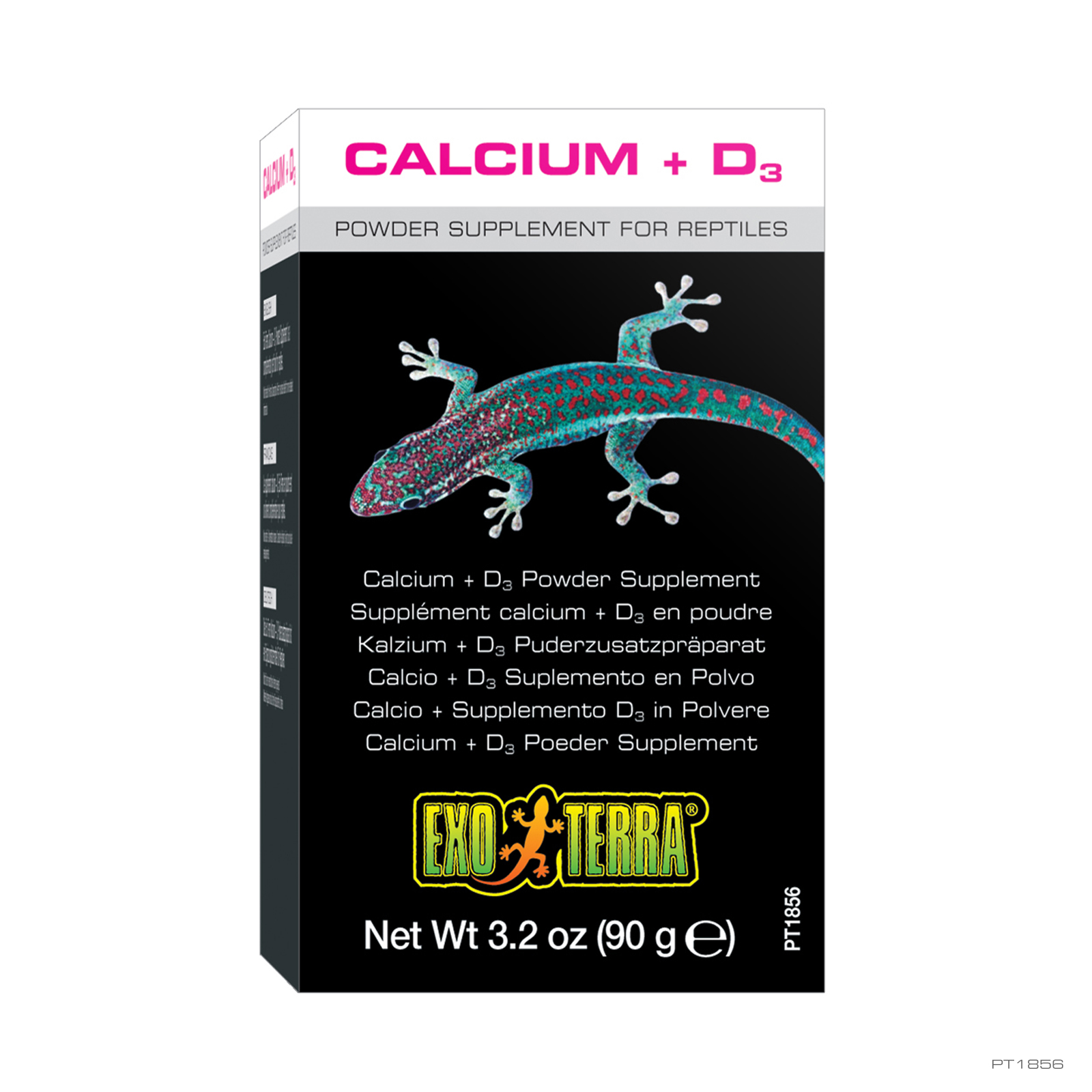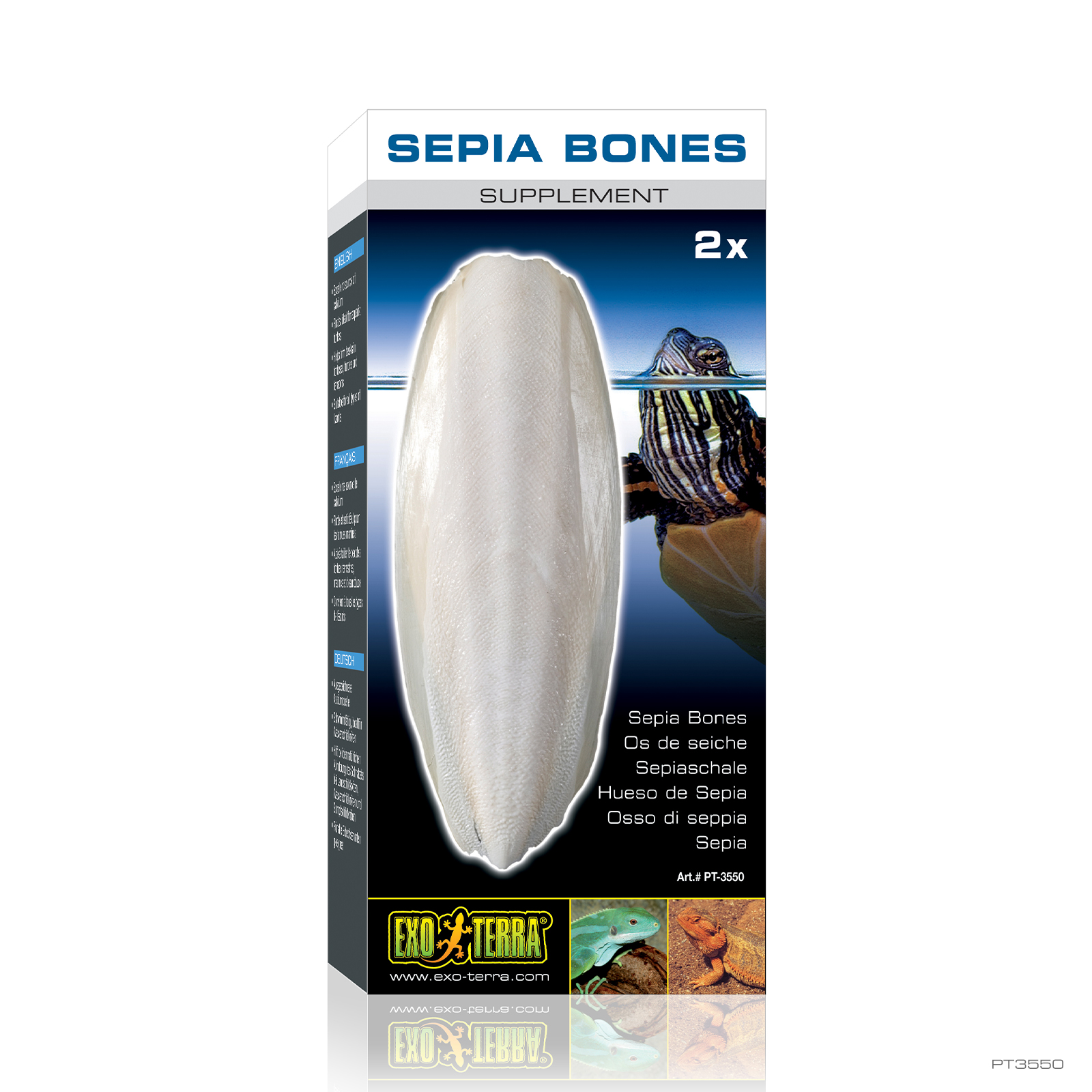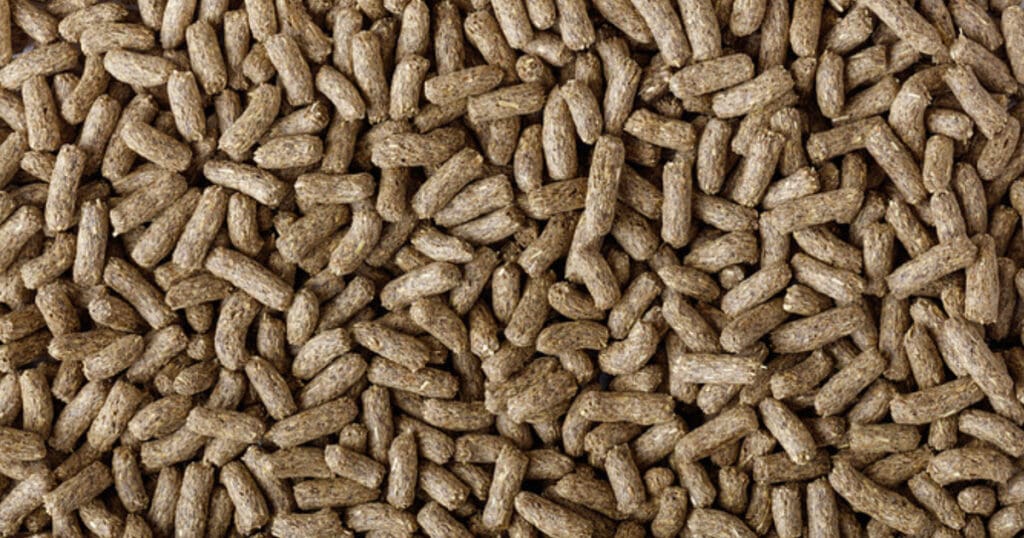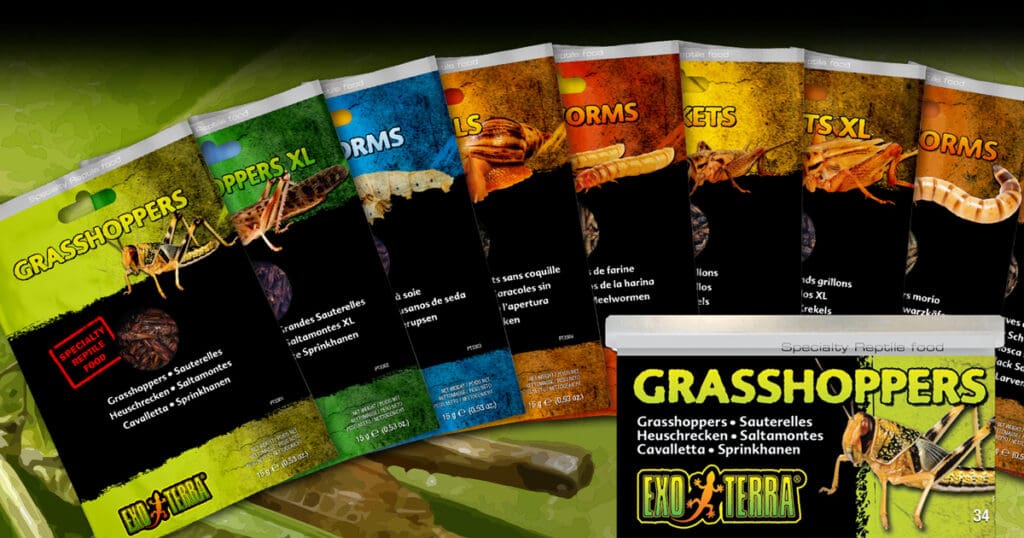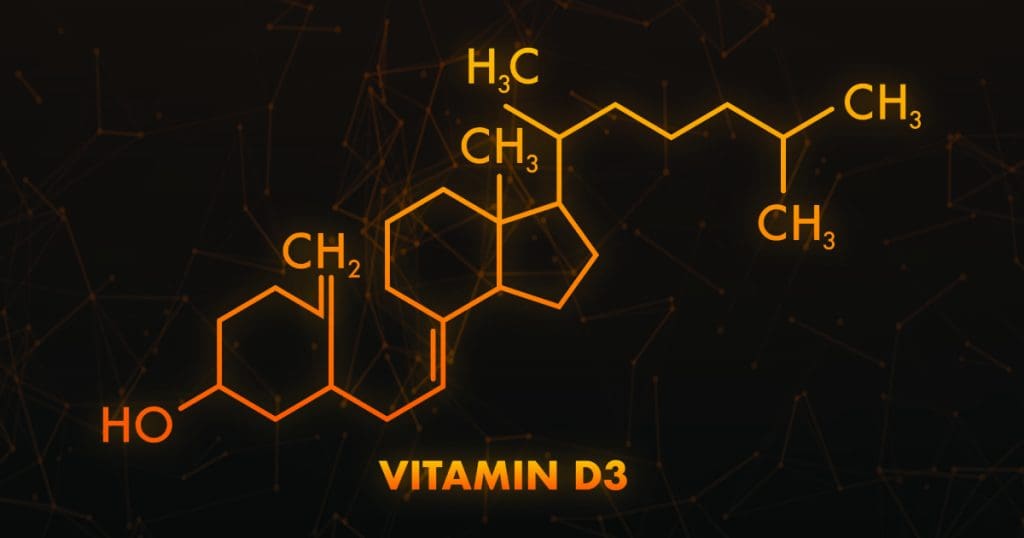
Supplements: a crucial food component
Thomas Merckx
Reptiles and amphibians have specific nutritional requirements that need to be met to ensure their overall health and well-being. One crucial aspect of their diet is the inclusion of added vitamins and minerals (e.g. electrolytes). These essential nutrients play a vital role in supporting various physiological processes and preventing deficiencies or imbalances that could lead to serious health issues.
Just like any other living creatures, reptiles and amphibians require a balanced diet to grow and develop properly. Vitamins and minerals are essential for bone development (Vit D3 & Calcium), tissue growth, and organ function. Without adequate levels of these nutrients, animals may experience stunted growth, weakened bones, and developmental abnormalities (e.g. metabolic bone disease).
Vitamins and minerals act as co-factors for various enzymatic reactions in the body. These reactions are crucial for metabolism, including the breakdown of nutrients for energy production and the synthesis of important molecules. Proper metabolism is essential for maintaining a healthy weight, energy levels, and overall vitality.
Adequate vitamin and mineral intake is essential for a robust immune system. These nutrients play a role in supporting immune cell function and antibody production, helping the animals defend against infections and diseases.
For breeding reptiles and amphibians, proper nutrition is even more critical. Added vitamins and minerals support reproductive health and successful breeding outcomes. Inadequate nutrition can lead to infertility or problems during incubation and hatching.
Electrolytes, such as sodium, potassium, calcium, and magnesium, are essential for nerve function, muscle contractions, and maintaining proper hydration. In the terrarium, reptiles and amphibians may not have access to the natural sources of electrolytes they would find in the wild, so adding these minerals to their diet is essential to prevent imbalances and maintain their overall health.
A well-balanced, species-appropriate diet combined with proper supplementation is the key to keeping our animals healthy and thriving!
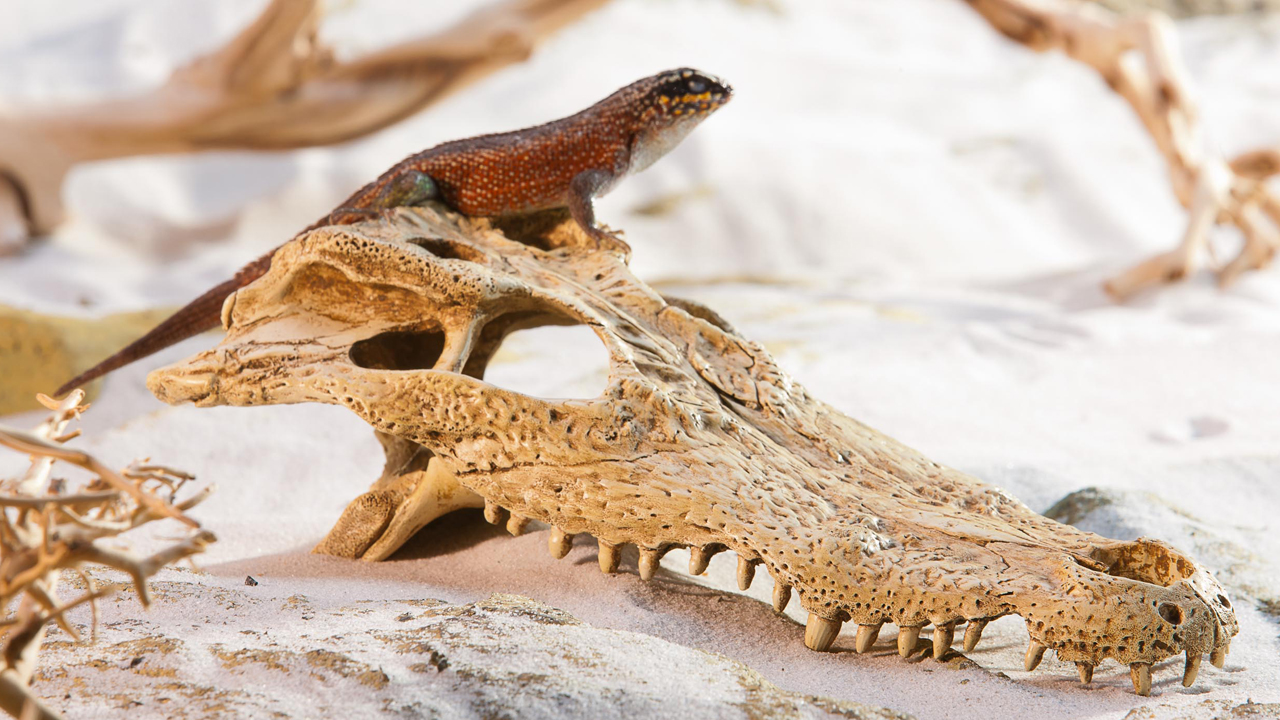

Thomas Merckx
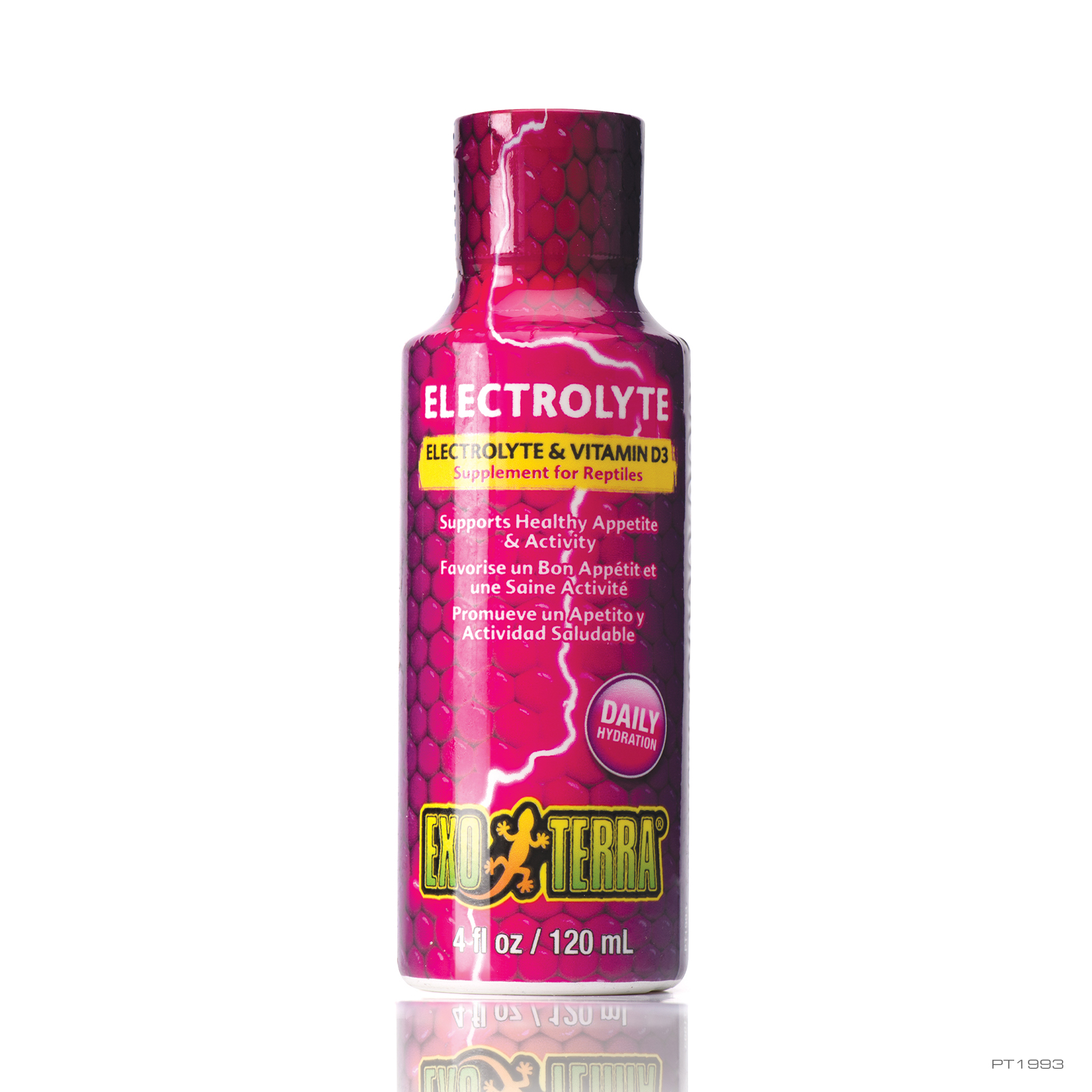

Electrolyte & Vitamin D3 Supplement
-

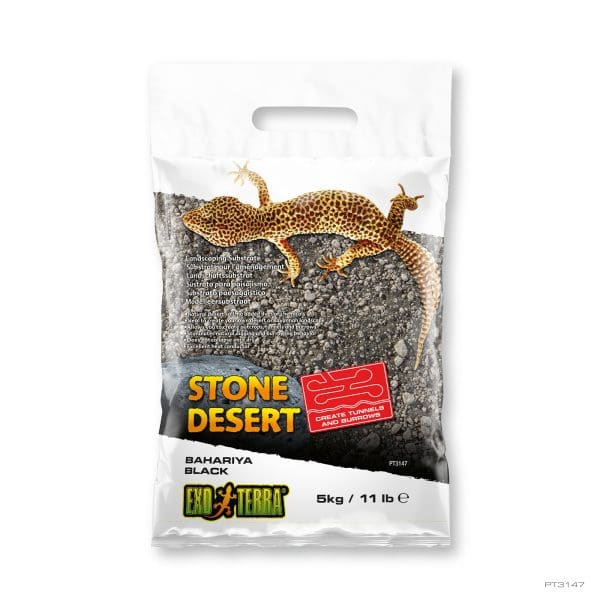
Stone Desert Bahariya Black 11 lb – 5 kg
-

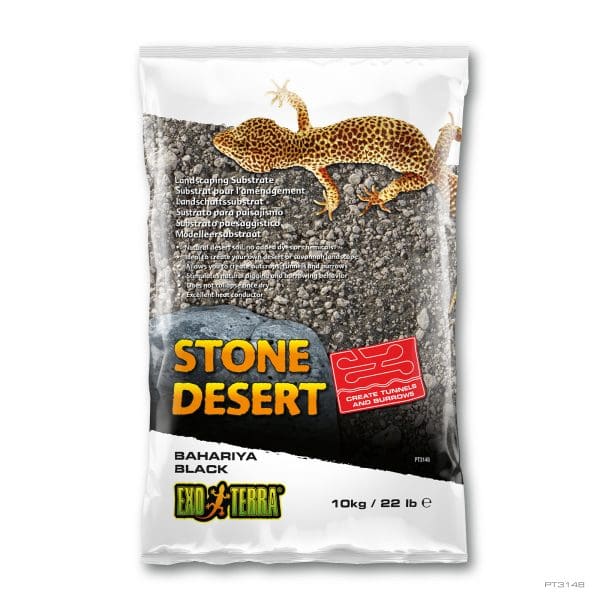
Stone Desert Bahariya Black 22 lb – 10 kg
-

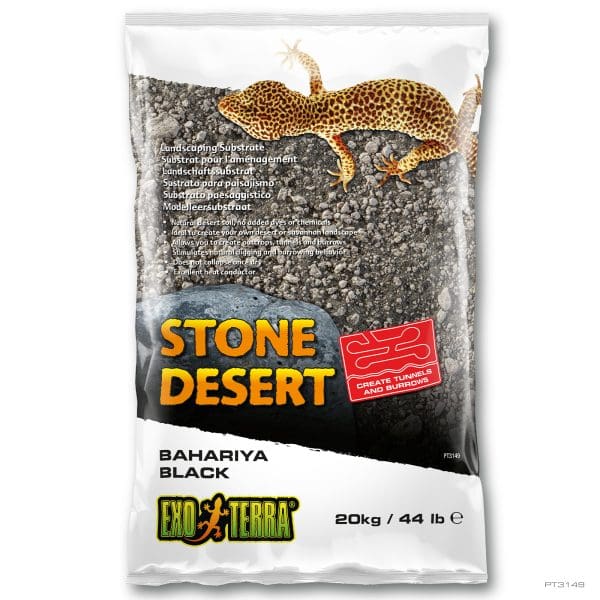
Stone Desert Bahariya Black 44 lb – 20 kg
-

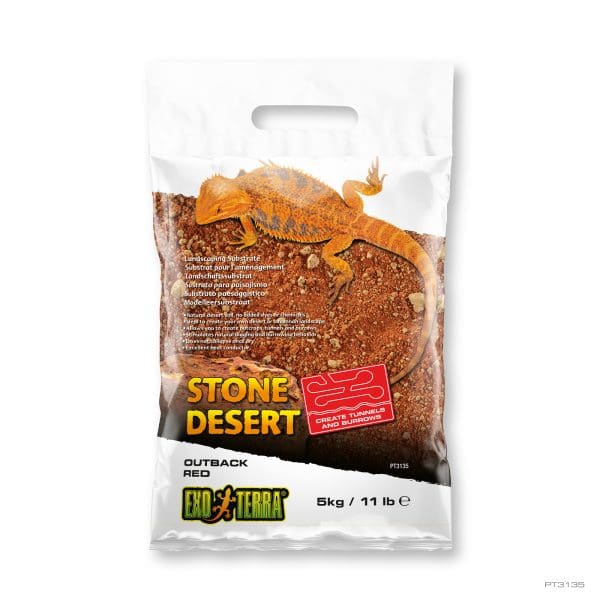
Stone Desert Outback Red 11 lb – 5 kg
-

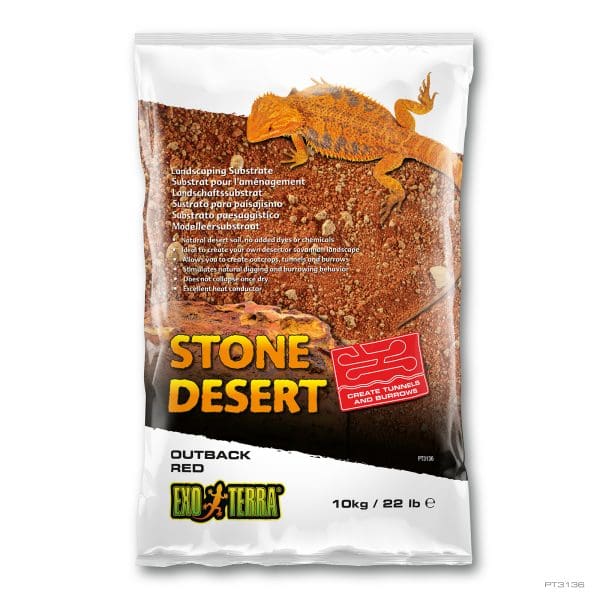
Stone Desert Outback Red 22 lb – 10 kg
-

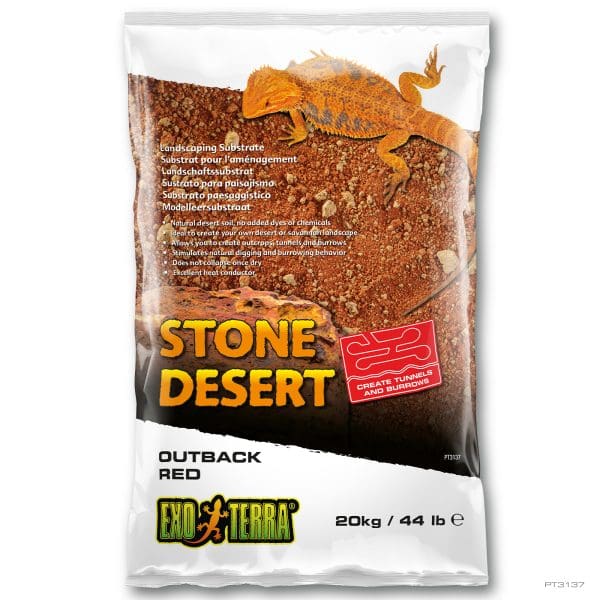
Stone Desert Outback Red 44 lb – 20 kg
-

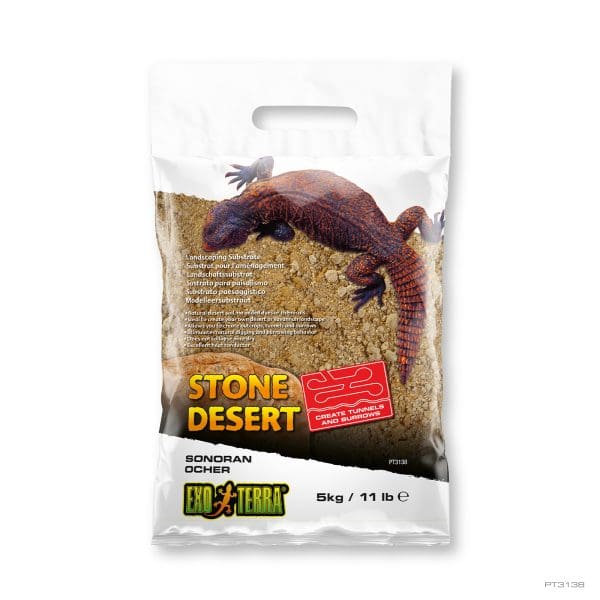
Stone Desert Sonoran Ocher 11 lb – 5 kg
-

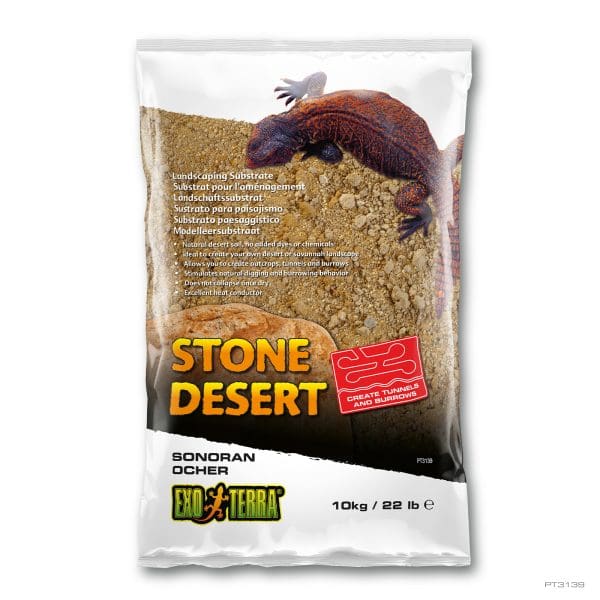
Stone Desert Sonoran Ocher 22 lb – 10 kg
-

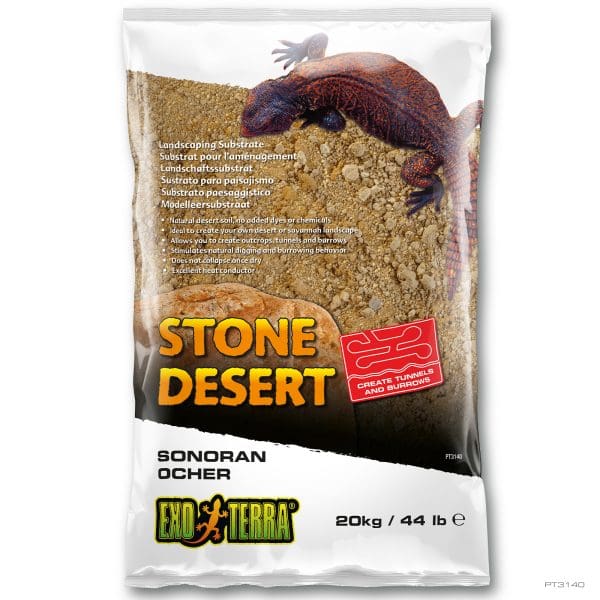
Stone Desert Sonoran Ocher 44 lb – 20 kg
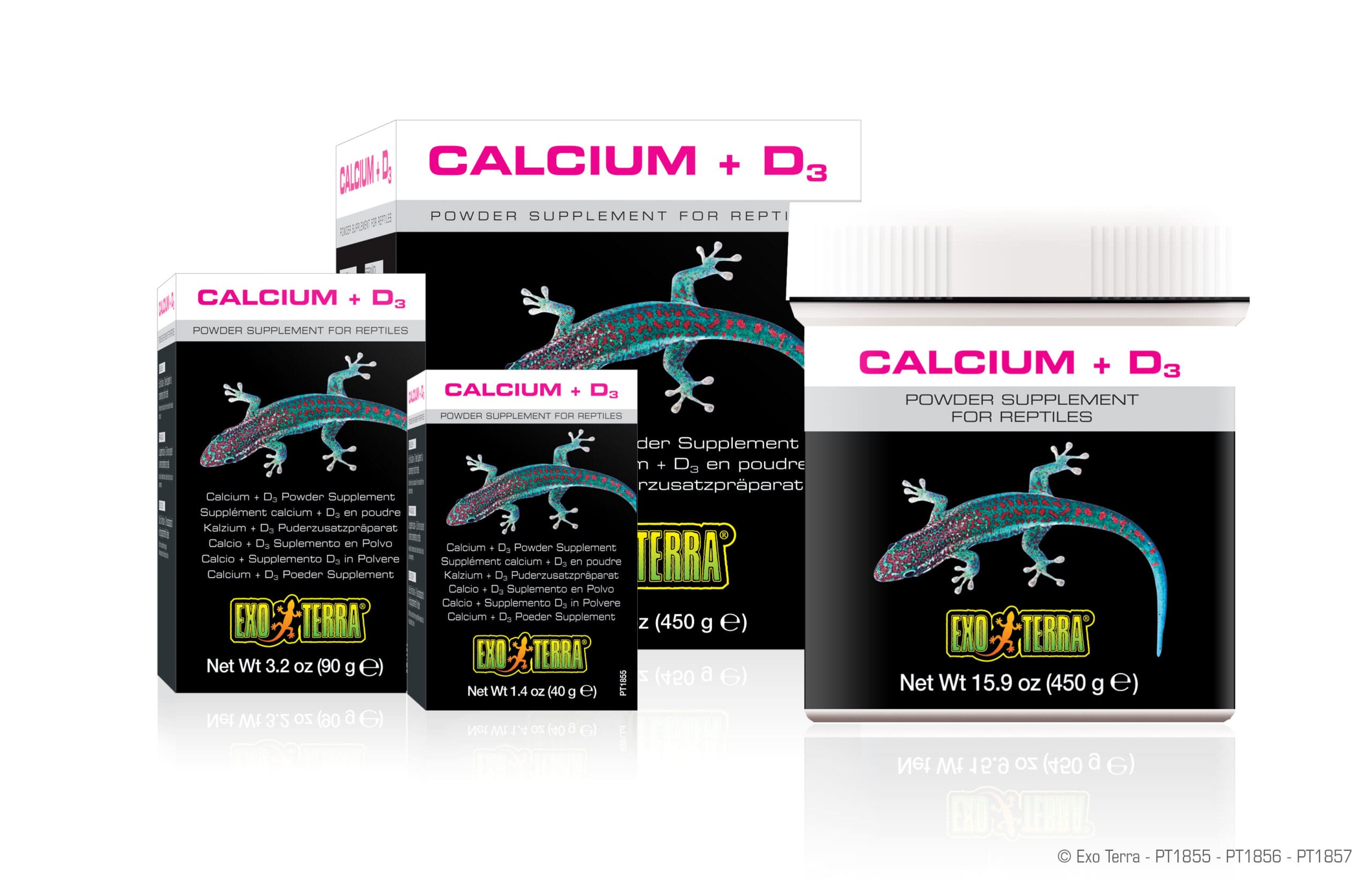

Nutrition Topics
Dragon Grub, not your average reptile food!
Insects make up a big portion of the daily food intake of Bearded Dragons and other insect-eating reptiles. The Dragon Grub formula from Exo Terra is an enticing insect-based reptile food, specifically formulated for insectivorous reptiles and named with Bearded Dragons especially in mind. It features Black Soldier Fly larvae that are not only tasty to your reptiles; but are high in protein and very nutrient rich, with an ideal calcium to phosphorus ratio! This diet also contains natural plant and fruit ingredients enriched with vitamins, minerals and other trace nutrients to ensure a happy, healthy reptile!
Treats
Providing treats to your reptiles and amphibians offers several benefits. Keep in mind though, treats should only be given occasionally and in moderation. Too many treats can lead to nutritional imbalances or health issues, so they should never replace the regular balanced diet. Preferably, they should mimic the natural diet as closely as possible.
Vitamin D3 and Reptiles: A Vital Connection
Vitamin D3 plays a vital role in the health and well-being of reptiles, much like it does in other animals. This hormone is integral to mineral metabolism and bone development in reptiles. One of its most significant roles is to enhance calcium absorption from the intestines. Without sufficient vitamin D3, reptiles couldn’t absorb dietary calcium efficiently, which is crucial for their skeletal health and overall well-being.
Stay up on all things exo terra.
"*" indicates required fields
